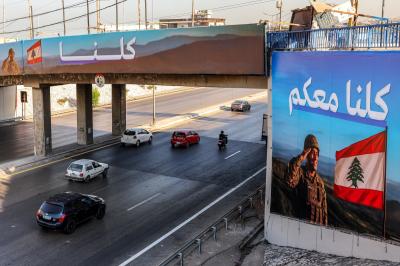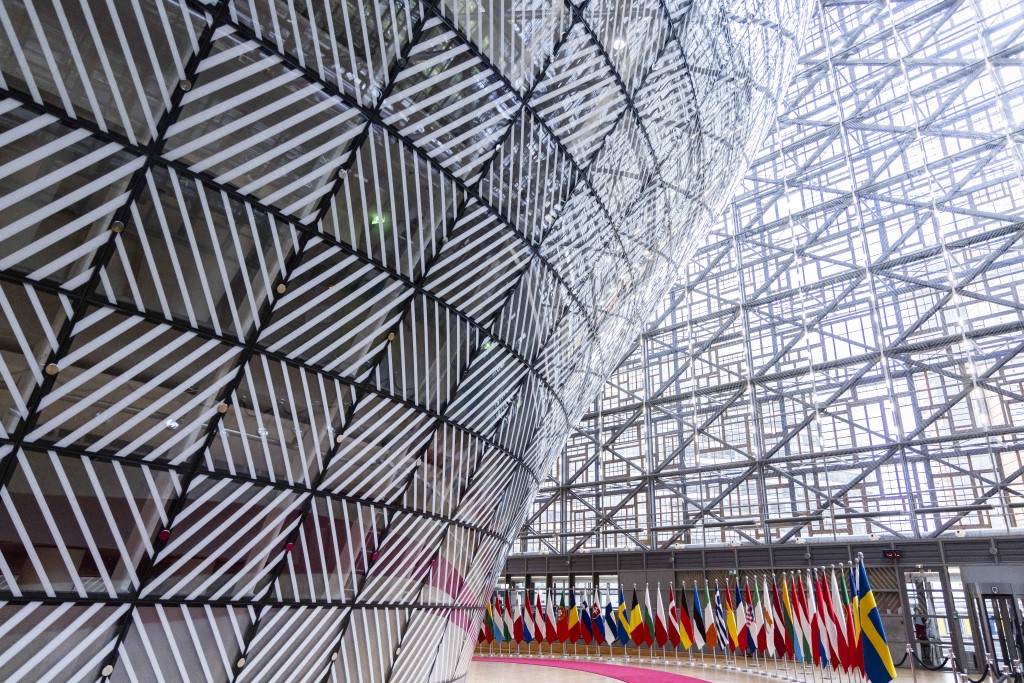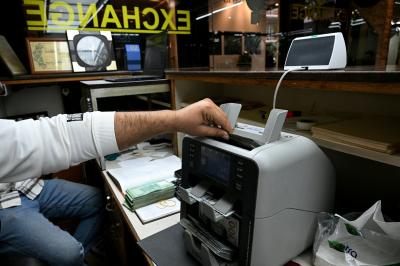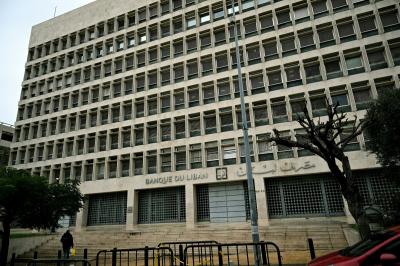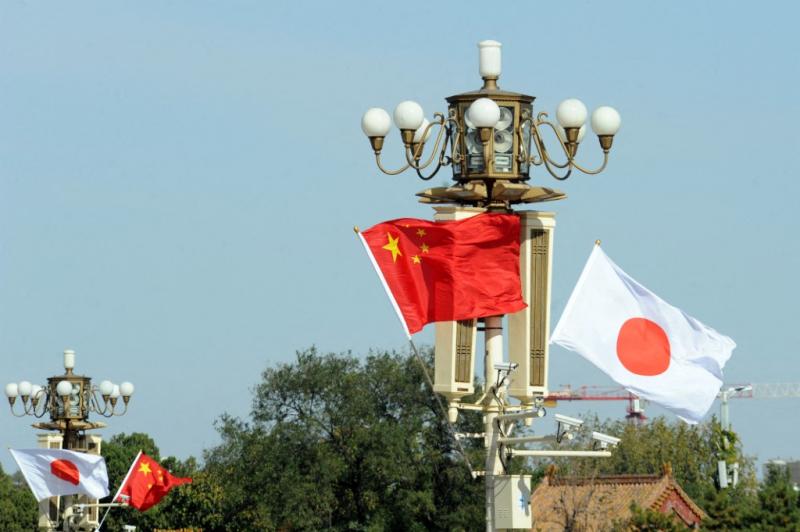Barely eight months after the Financial Action Task Force (FATF) added Lebanon to its grey list for shortcomings in combating money laundering and terrorism financing, the European Union has now taken the further step of placing the country on its financial blacklist.
Though the FATF grey list and the EU blacklist differ in name, their purpose aligns: both demand increased scrutiny and corrective measures from Lebanon to address major systemic flaws in its financial regulatory framework. Notably, the EU’s designation is not considered an additional downgrade in itself — despite the heavier "blacklist" label.
Similar Standards, Same Expectations
While the European Union and FATF don’t rely on identical assessment criteria, their frameworks are closely aligned. According to attorney Karim Daher, a compliance advisor and member of the Beirut Bar Association's anti-money laundering and counter-terrorism finance committee, both bodies emphasize similar weaknesses.
Should Lebanon succeed in addressing these deficiencies — such as improving risk awareness among designated non-financial businesses and professions, applying effective, proportionate, and dissuasive sanctions for violations, and complying with other key FATF demands — it would automatically be removed from the EU blacklist, as was the case with the UAE. The UAE was struck from the EU list roughly 14 months after exiting FATF’s grey list, having followed a clearly defined action plan within agreed timelines.
Consequences of the New listing
Some might dismiss the EU’s move as inconsequential, arguing that a country already drowning in poor global rankings, credit downgrades, frozen aid packages, and blocked international loans has nothing left to lose. But such thinking drastically underestimates the impact of this development.
The new designation could bring stricter scrutiny to Lebanon’s international financial transactions, reduce access to certain European funding programs, and prompt preventive measures from EU states against businesses and individuals linked to Lebanon. This development comes mere hours after an international donor meeting at the Grand Serail, where Prime Minister Najib Mikati pressed for billions in aid to fund reconstruction and essential services — a request now more likely to be deferred, or at best, postponed until Lebanon demonstrates genuine reforms.
A Governance Void with a Financial Crisis
Compounding the blow, Lebanon now finds itself in a dangerous financial vacuum. Key oversight positions at the Banque du Liban, the Banking Control Commission, the Capital Markets Authority, and the financial judiciary are currently vacant.
As of June 9, the terms of the four central bank vice-governors, the chairman and members of the banking commission, three financial experts, the government commissioner at the central bank, and the public prosecutor for financial affairs all expired. Legal expert Dr. Pascal Daher warns that this paralysis undermines the decision-making capacity of the central bank’s board, whose quorum legally requires at least four members — a threshold no longer met.
In the financial public prosecutor’s office, continuity is being maintained thanks to Judge Dora El Khazen, the most senior among the deputy prosecutors. But even this stopgap raises deep concerns. As Daher notes, political gridlock continues to derail essential appointments, delaying Lebanon’s transition into a credible, institutional state governed by rule of law.
Sectarian Deadlock Stalls Reform
This isn’t about the lack of qualified candidates. Rather, it’s about sectarian bargaining over appointments. While some compromise may be reached to reappoint or replace central bank deputies, the real sticking point lies in appointing a new financial prosecutor to replace Judge Ali Ibrahim. Disagreements over this key post could not only block the nomination process, but potentially spark a new cabinet-level dispute — especially amid Justice Minister Henri Khoury’s insistence on appointing a candidate from the Shiite community.
Lebanon now finds itself engulfed in a storm of damaging classifications — with "grey" increasingly appearing the best-case scenario. Meanwhile, the country’s political elite continues to fiddle on the deck of the sinking ship, clinging to sectarian quotas and name squabbles instead of merit-based reform.
And so, just as Lebanon and the world began to hope for a new chapter of recovery and accountability, the system’s deep-rooted dysfunctions once again threaten to drown all prospects of meaningful progress.
Please post your comments on:
[email protected]
 Politics
Politics




